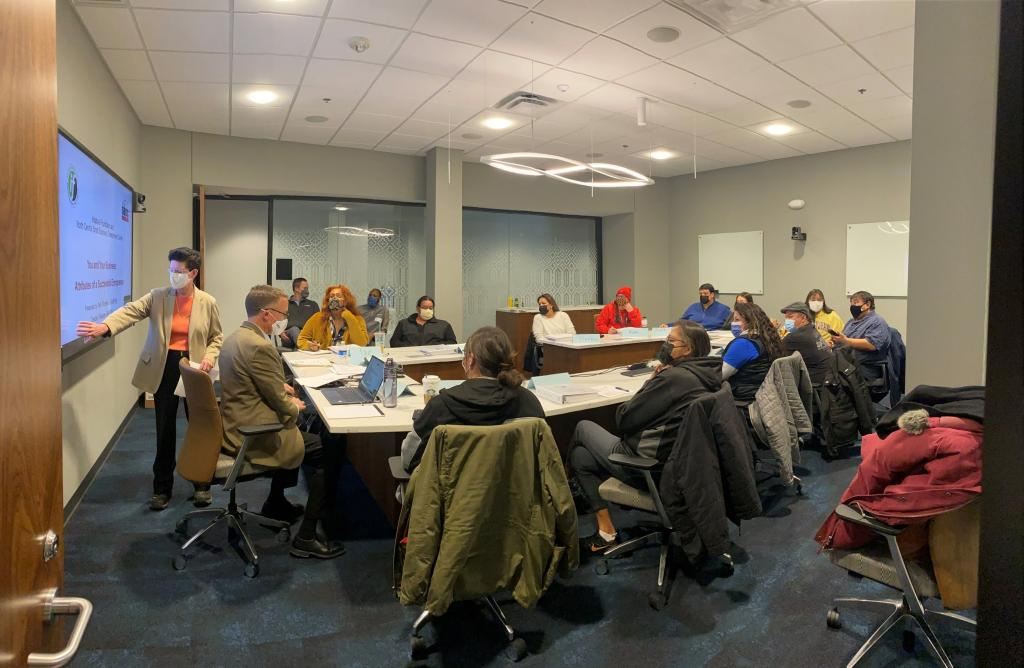
- Details
- By Brian Edwards
- Economic Development
The U.S. Economic Development Administration (EDA) has unveiled a new $5 million funding opportunity aimed at supporting capacity-building and non-construction projects in Indigenous communities.
This new tribally focused initiative, part of an Oct. 1 update to the Public Works and Economic Adjustment Assistance Program (PWEAA), expands on the success of the Assistance to Indigenous Communities (AIC) program created by the American Rescue Plan Act. Drawing inspiration from ARPA’s $100 million Indigenous Communities Challenge, which awarded 51 grants in fiscal 2021 and faced significant demand, the new $5 million tribal set-aside refines and extends that earlier effort.
In a statement, Acting Assistant Secretary of Commerce for Economic Development Cristina Killingsworth emphasized the broader context of the funding: "The Biden-Harris Administration's Investing in America agenda is about ensuring that all communities have the resources and opportunities they need to thrive in today's economy.”
The funding will provide grants ranging from approximately $75,000 to $200,000 for non-construction projects, focusing on capacity-building, planning support, and technical assistance. Eligible projects can include foundational economic infrastructure like broadband, energy, water, and wastewater facilities, as well as vocational and higher education establishments.
The EDA also encourages projects that offer technical assistance for business development, workforce training, and economic development planning tailored to the unique needs of Indigenous communities.
Carolee Wenderoth, tribal engagement coordinator for the EDA, explained the program's design and flexibility: "Every tribe is at a different place in their economic development. That's the beauty of the AIC program — it has the flexibility to meet the tribe where their needs are." That’s why EDA designed this program to be “an avenue for those tribal communities that are still in the process of building out their foundational pieces," Wenderoth said.
Funding those foundational pieces is intended to help communities assess their needs, identify gaps in economic development, and plan foundational projects that can lead to more economic progress over time.
A distinctive aspect of the funding opportunity is its allowance for pre-development costs, which is atypical for EDA programs. This can include architectural and engineering costs, surveys, and environmental studies – expenses that often exhaust tribal resources before project implementation can begin.
To provide more information about this opportunity, the EDA will host virtual briefings on October 10 and October 16 to further discuss the addendum to the PWEAA NOFO. These sessions are intended to inform potential applicants about the funding opportunities and how they can effectively utilize them to advance economic development goals.
